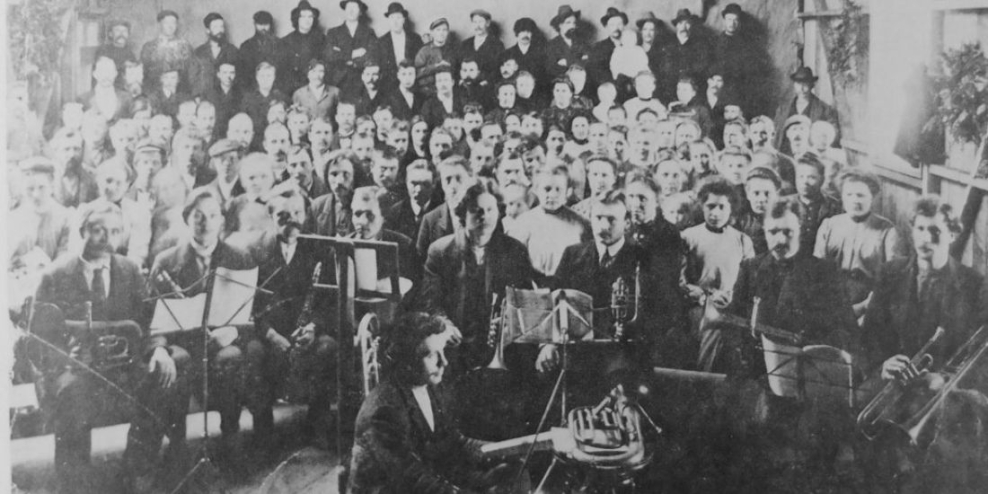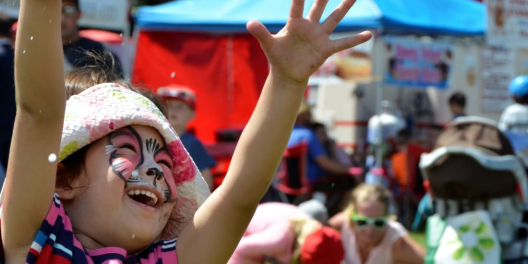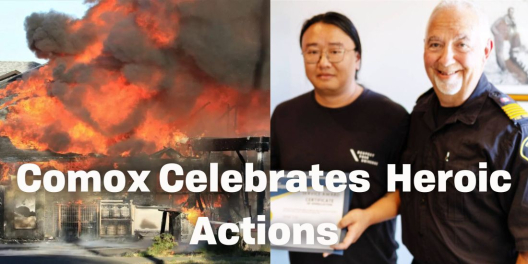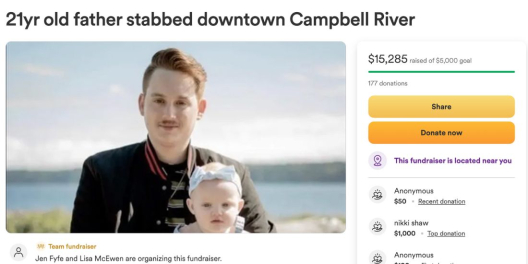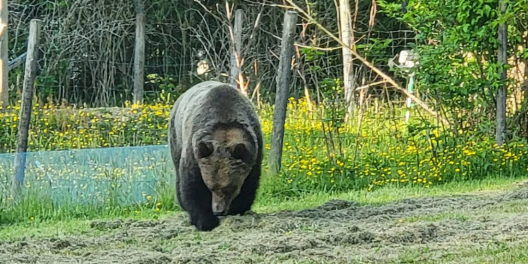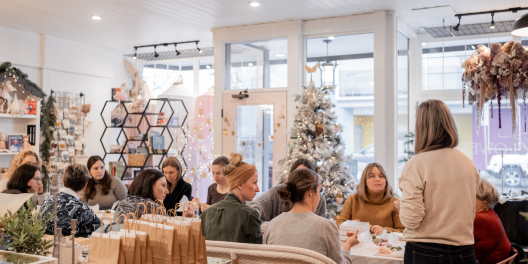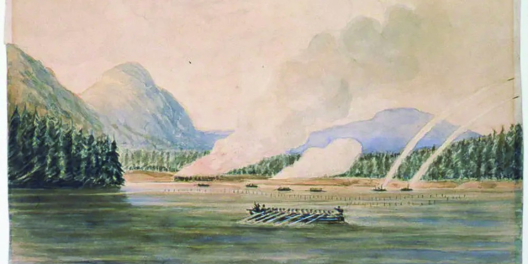They say the road to hell is paved with good intentions.
Sointula is one of those places that came full circle.
Its earliest settlers went to hell and back for it to become the idyllic community it is today.
Following the inhabitation of the island by its original residents, the Kwakiutl Nations came the invasion of its first wave of settlers.
They were primarily Finnish coal miners escaping the drudgery-filled lifestyle they were stuck in back home.
“They decided they wanted to live somewhere that was fairer to workers, but they couldn’t find anywhere,” Kathy Gibler, the Sointula Museum director, told West Coast Now.
But they wanted to make something other than any old settlement. They wanted to create a Utopia.
Their ideals were founded on Finnish socialism.
They hoped to form a self-sustaining society where women and men were equal, and everyone reaped the same benefits and profits from community industries like logging and fishing.
The settlers decided they needed an inspiring leader to make this happen.
They called in the help of Matti Kurikka, then a prominent editor of a labour daily in Helsinki who had been trying to form a similar community in Australia (unsuccessfully, to note).
Together they formed the “Kalevan Kansa Colonization Company, Limited” (KKCC).
“Kalevan Kansa” is an ancient name for the Finnish people.
The BC government granted them the whole of Malcolm Island, with the debt to be repaid in the future.
From there, it was off to the races.
They named their community Sointula, meaning “place of harmony,” and got to work.
In their first year, they got off to a good start.
In true Finnish fashion, the first communal building they built was a sauna.
This was quickly followed by a large three-storey building in 1902 with 28 sleeping rooms, a dining room, a kitchen and a storeroom, plus a meeting room on the third floor.
Everyone ate together, and their idea of communal living took shape.
Problems began when more and more people were drawn to this idea and came to take part.
The thing about their ideals is that they required much community input to reap an equal communal output.
Not everyone got the memo.
Many new settlers could not pay an initial membership fee the KKCC instigated of $200, which would have allowed them to build the initial town without going into dept.
Even when they made an alternate cost of $50 plus extra labour, this hinged on people’s willingness and ability to do the necessary work.
Most came with little to no skill in the fishing, lumbering or agricultural work needed for the community to generate necessities of life for itself – and a surplus to sell.
At least there were a lot of poets, writers, and philosophers in residence to keep the mood up.
Unfortunately, this wasn’t meeting Maslow’s Hierarchy of Needs too well.
The debt they took on to keep things developing started to sink in, and then disaster struck.
The beautiful building that had become the heart of their community caught fire just a year after it was finished.
It burned to the ground. Three adults and eight children were killed in the flames.
The idea of this “utopic society” kind of died with them.
All it took was a few accusations of mismanaged money by Matti Kurikka, and the whole thing fell apart.
The KKCC lasted only a few more months, declaring bankruptcy in May 1905.
Most of the settlers left at this point, but the ones that stuck around put down the roots that Sointula still stands on today.
The self-sustaining community idea may have been abandoned, but the original settlers’ idea of Sointula being a utopic place to live did come full circle.
“None of us can really put [what makes Sointula so special] into words,” said Gibler. “We can all feel it.”
Their legacy lives on in the island’s laid-back feel and Finnish influence more than 100 years later.
Plus, there’s one key “socialist” element from them that remains.
The Co-op Store.
Opened by the settlers that stayed in 1909, it still stands as the longest-running co-operative in western Canada.
Proof that with some communal effort, you can have a bit of utopia no matter where you are.
